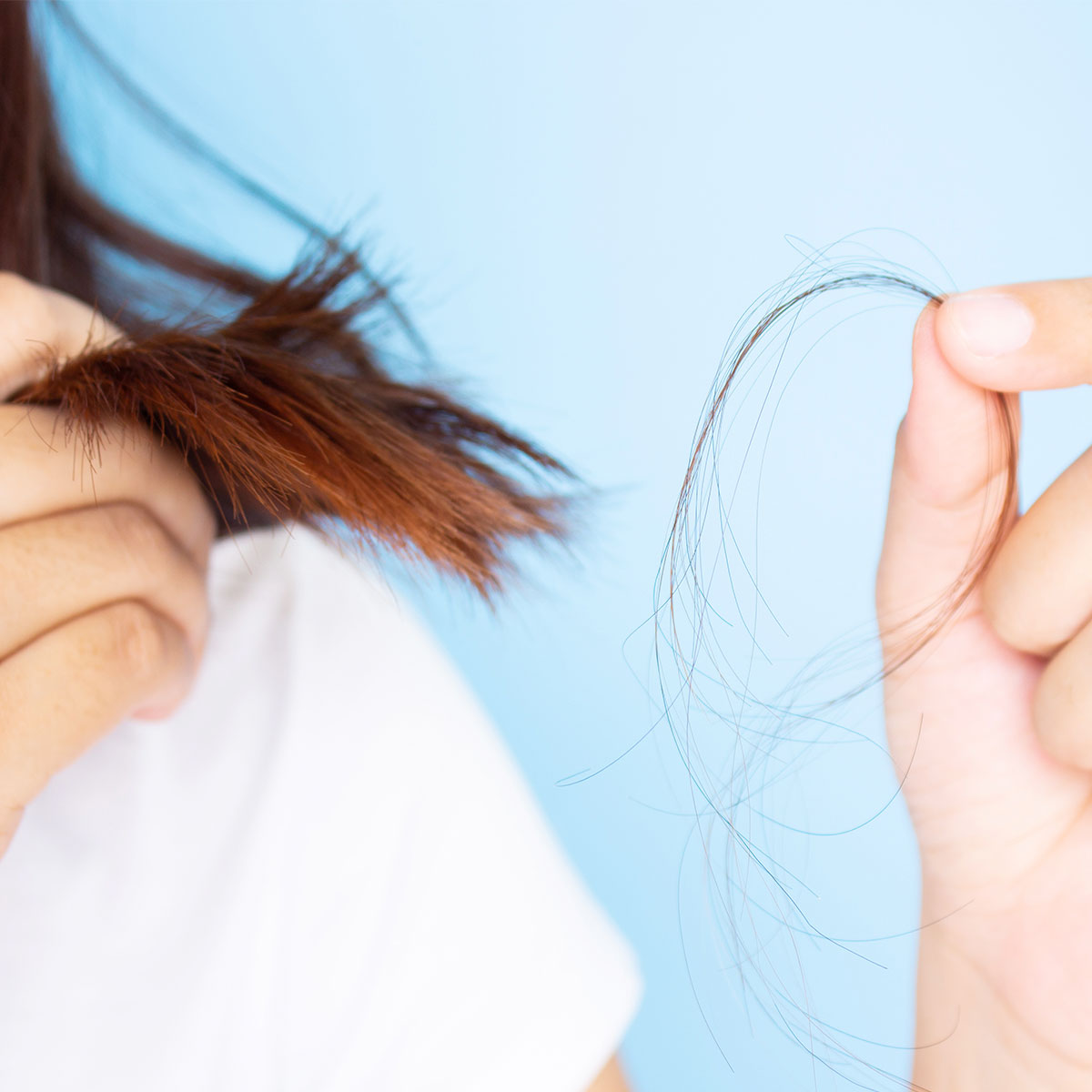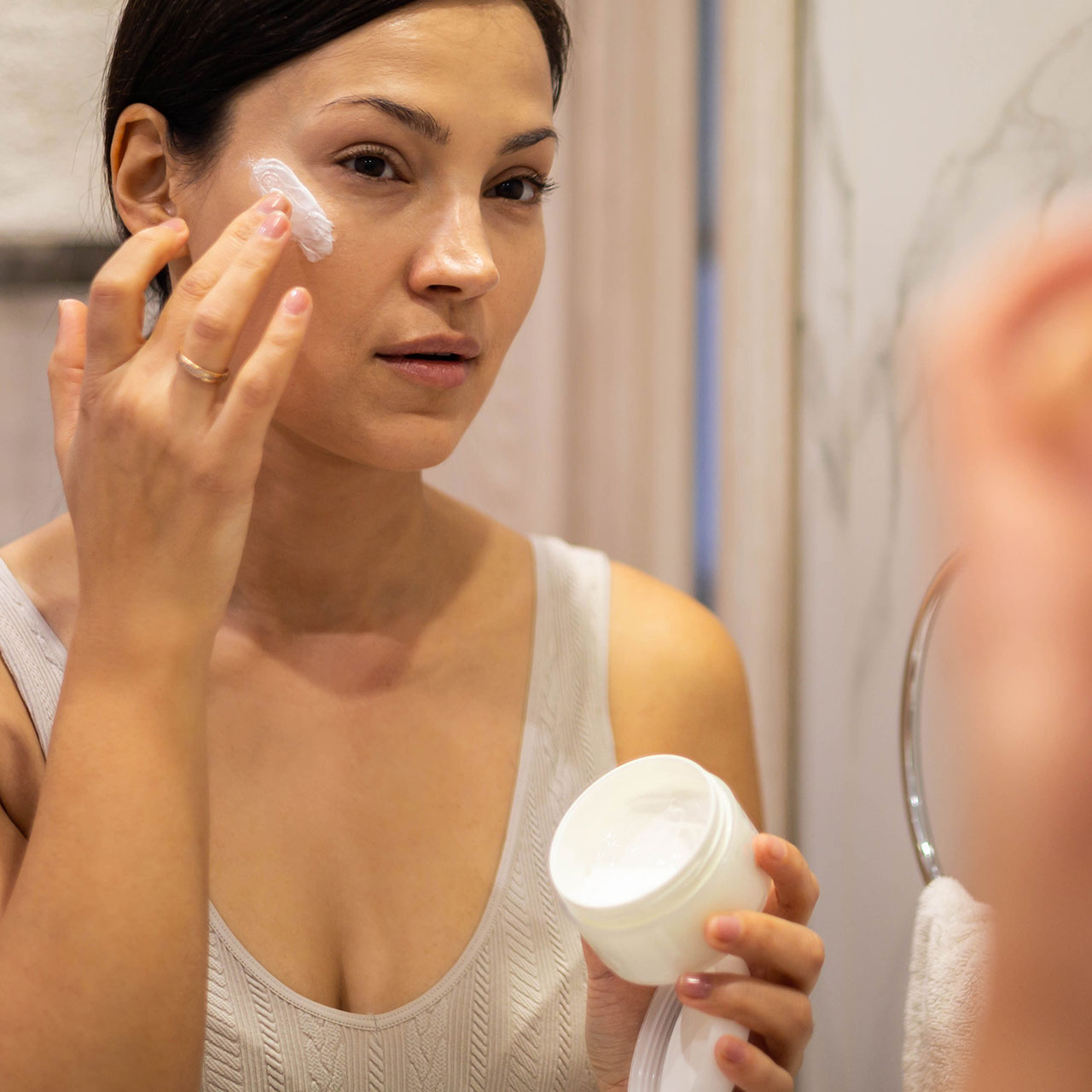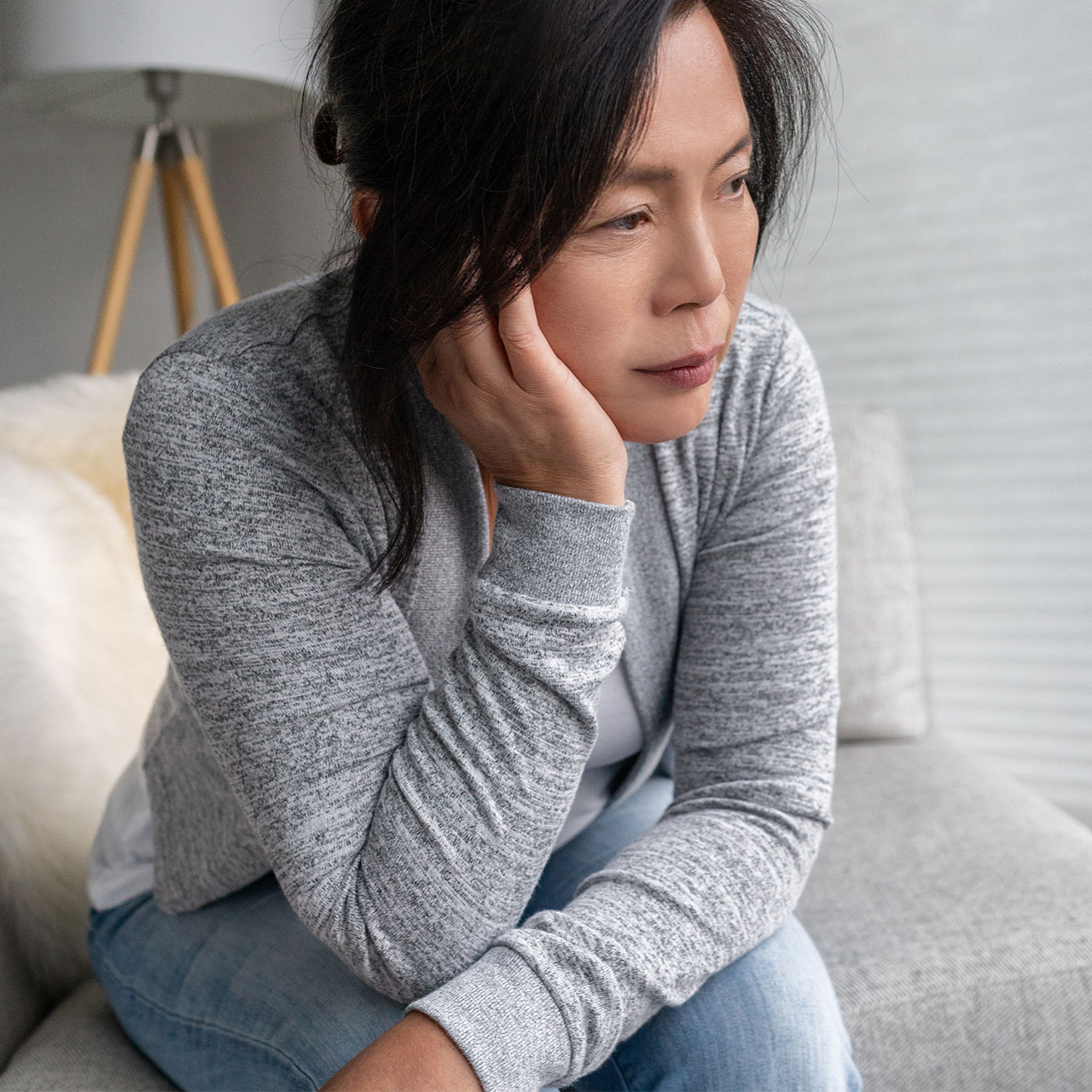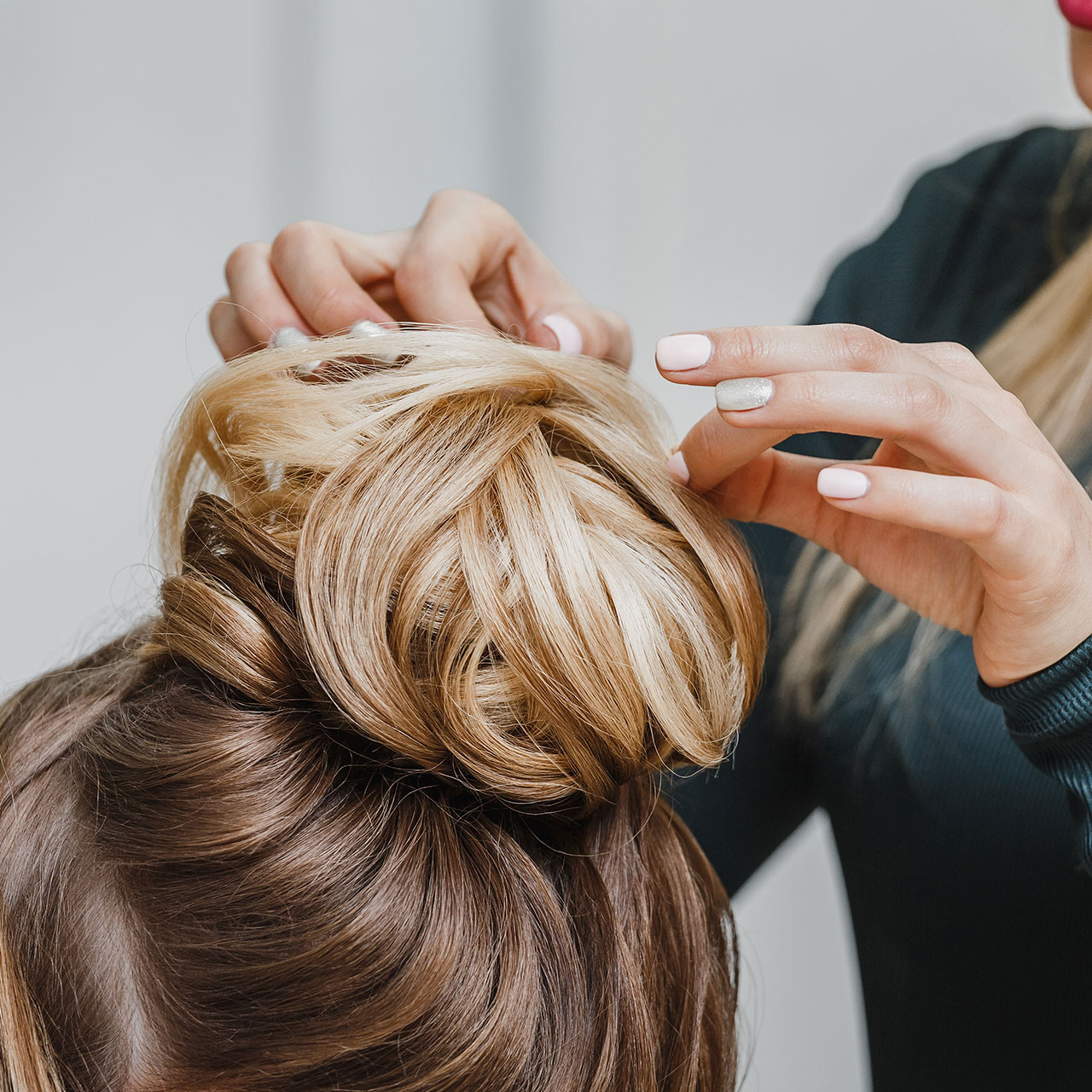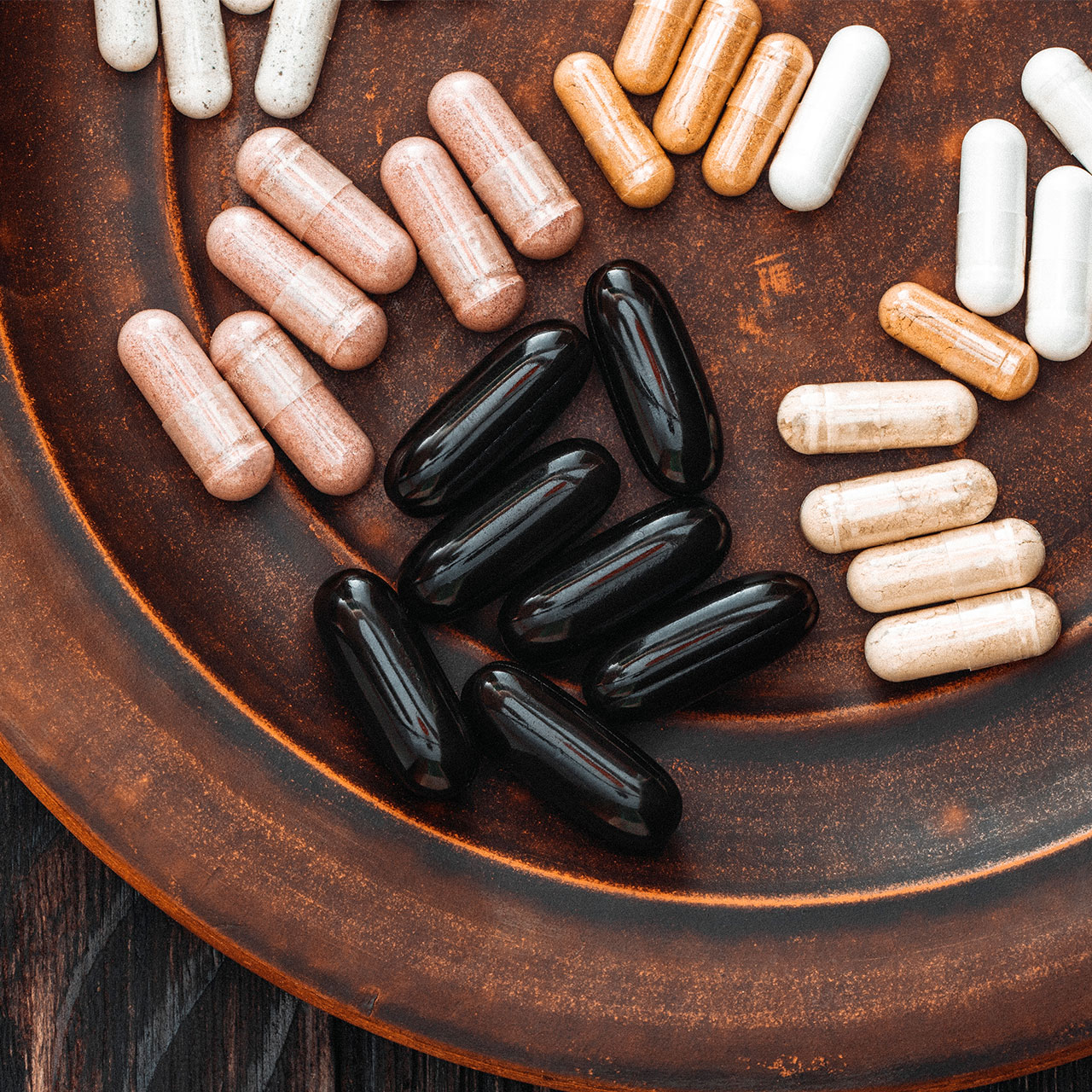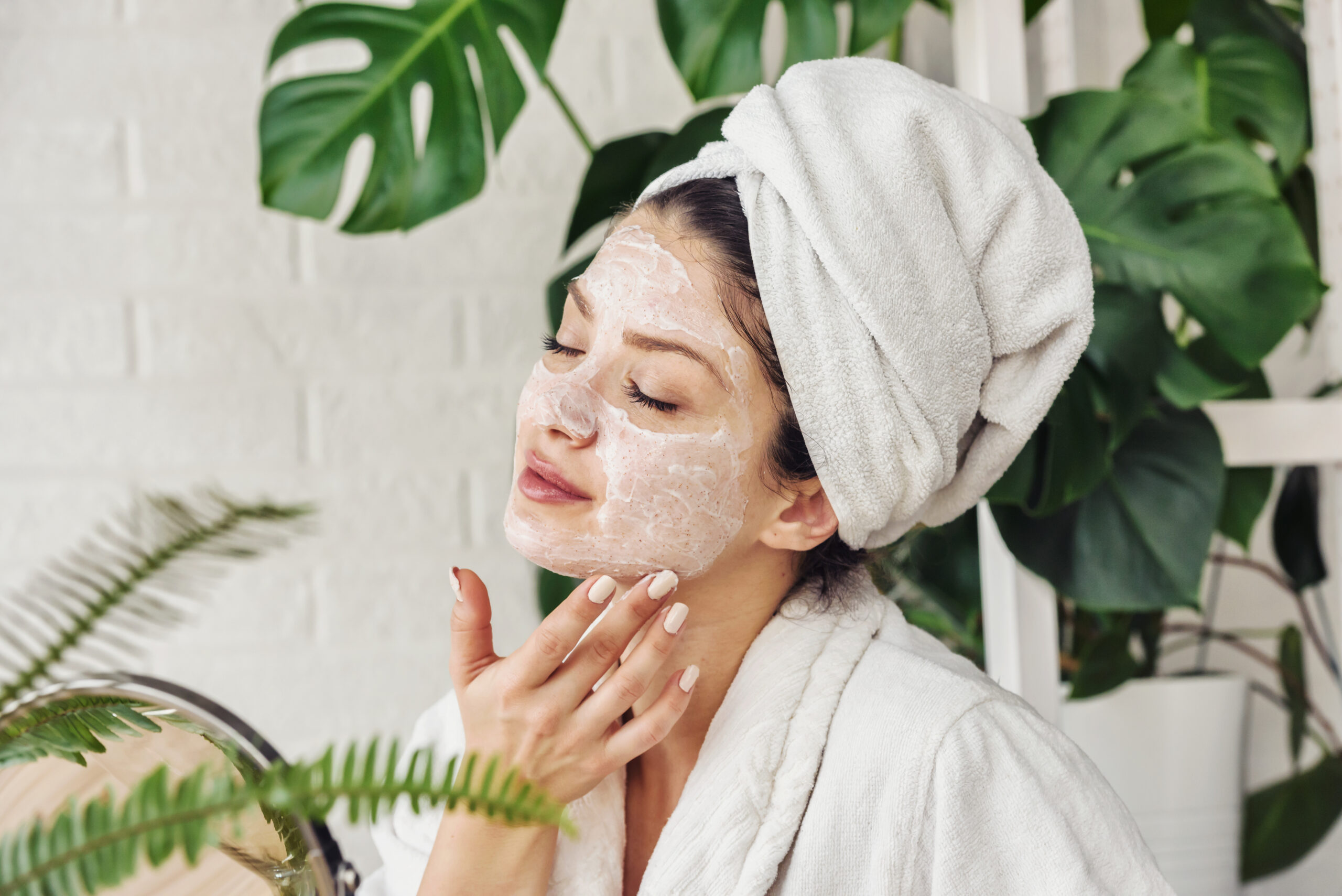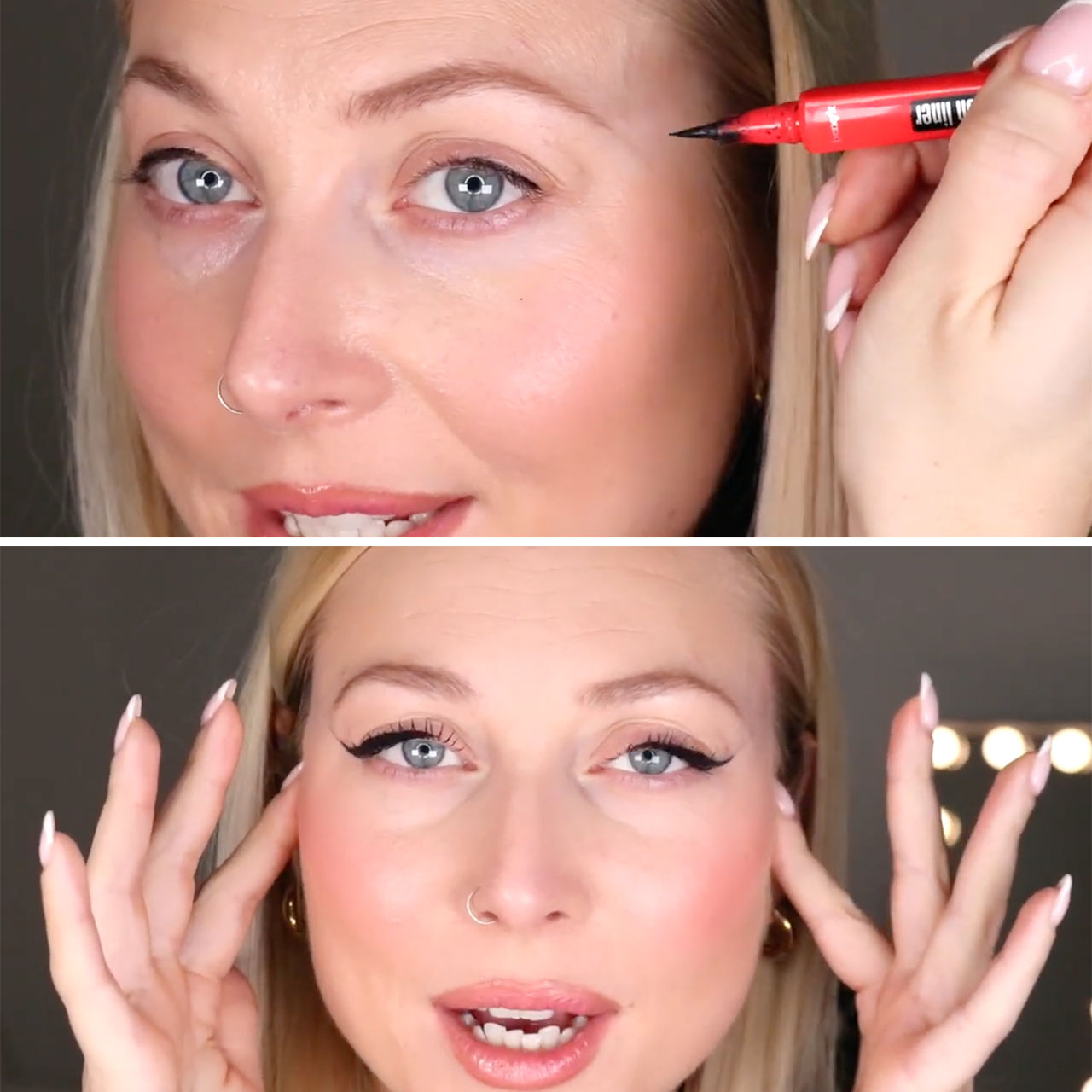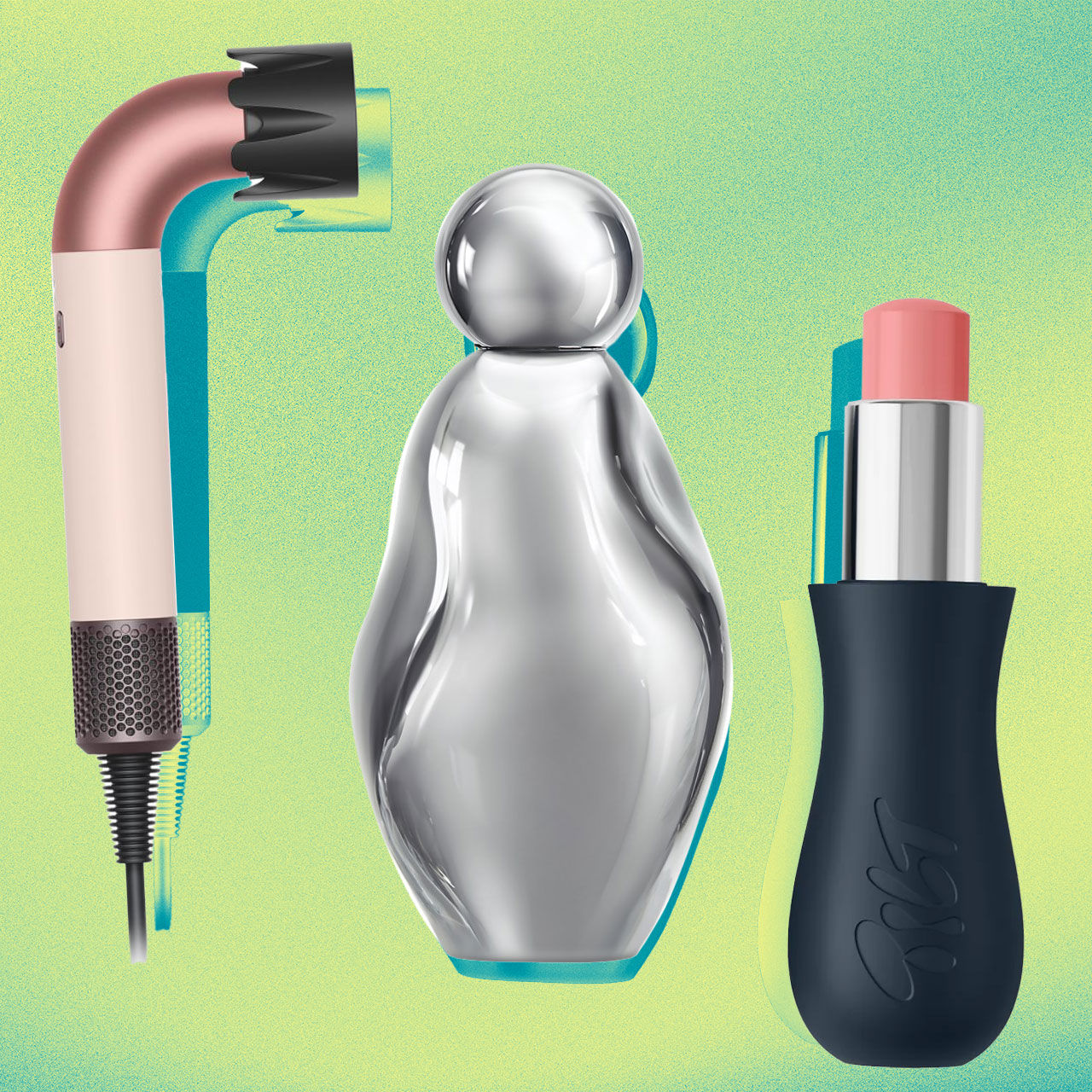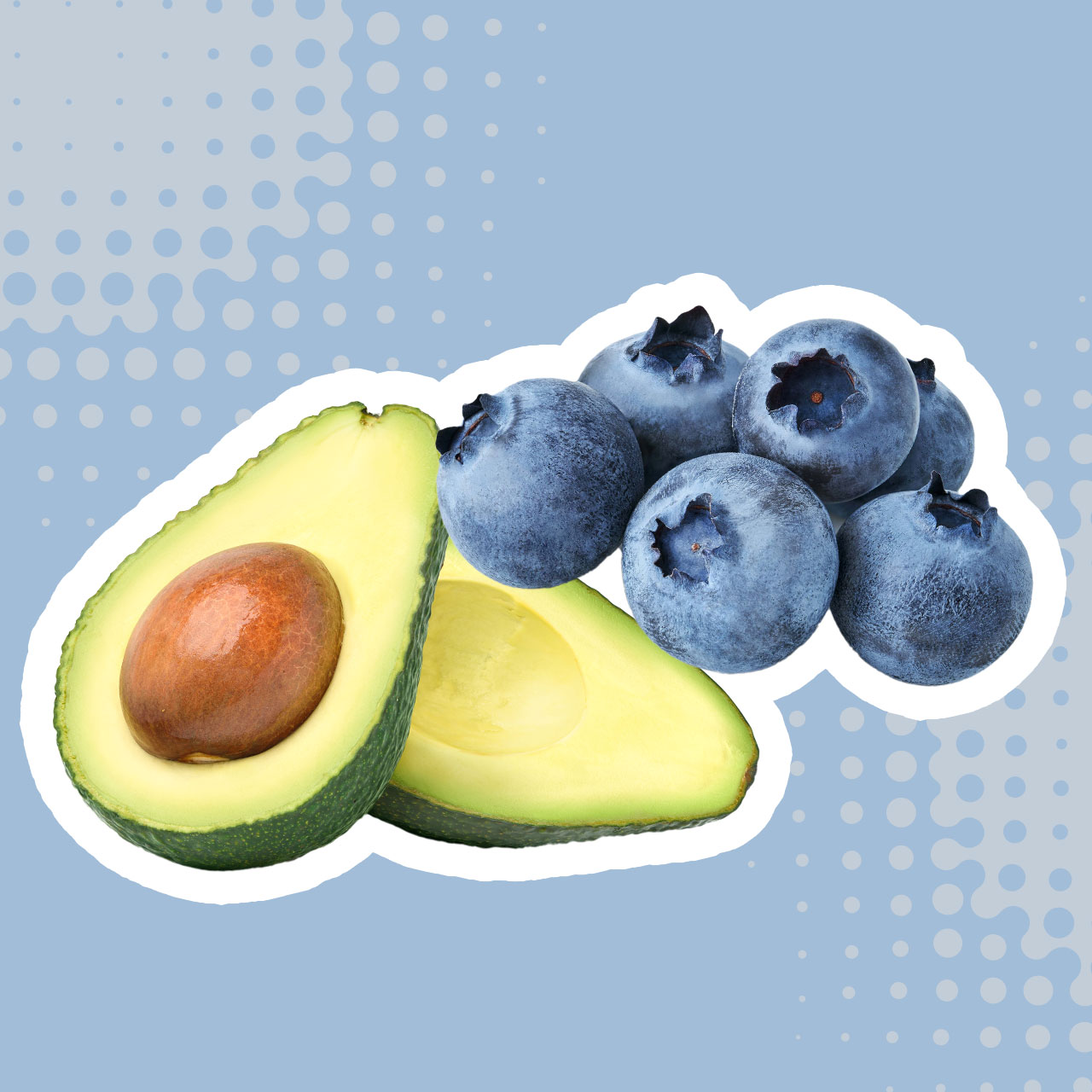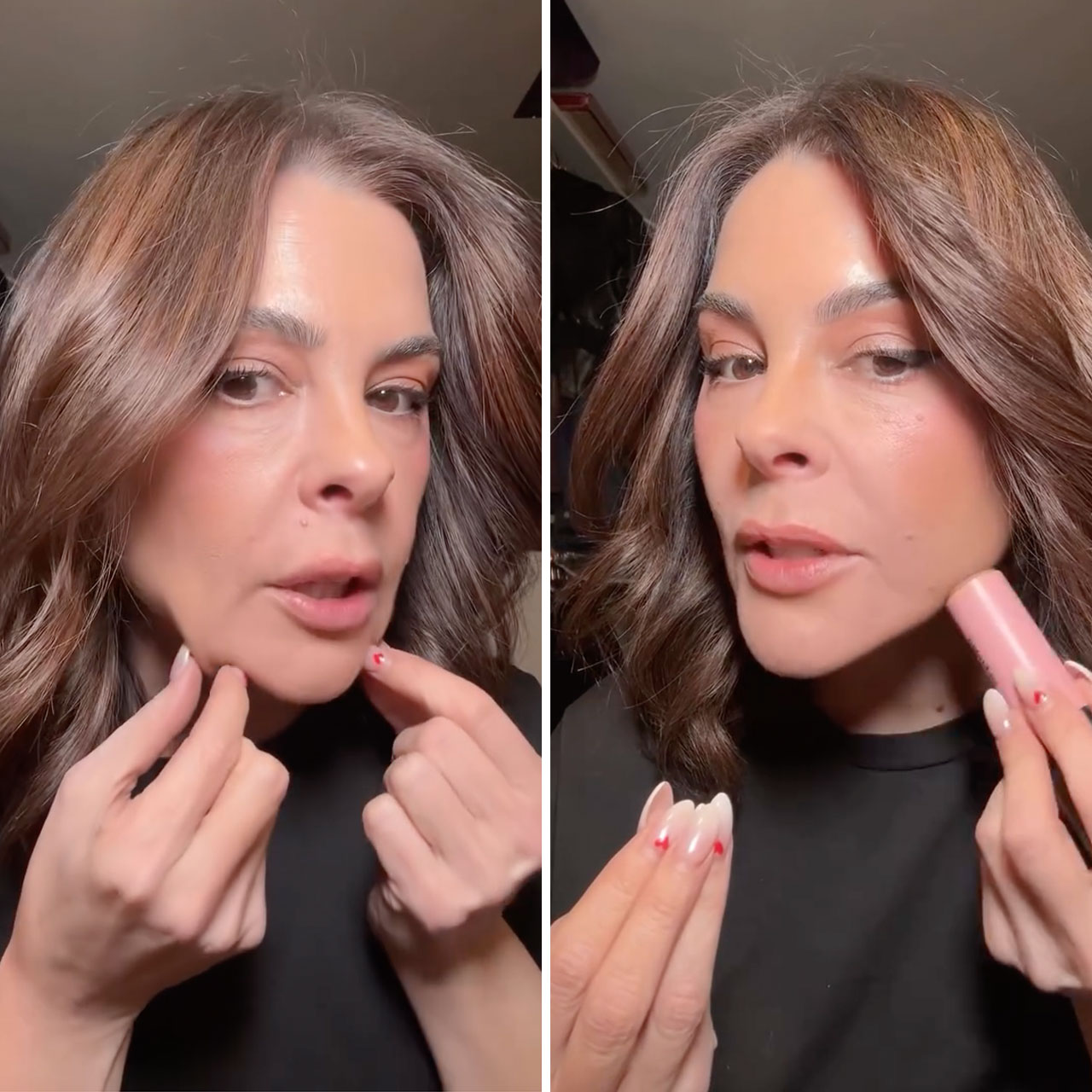It’s easy to assume that if a hair product is on store shelves it MUST BE great for your hair. After all, why else would it have been created and marketed for “healthy hair,” right? But just as no two brands are identical, some haircare products like shampoos, conditioners, serums, and sprays are formulated with ingredients that can actually cause damage (both short and long-term) to your strands and scalp. And sometimes figuring out which products to avoid and which are keepers requires a deep dive into a product’s list of ingredients — which is what Hair and Beauty Expert Gwenda Harmon at PowerYourCurls.com does to shed light on these common haircare ingredients that may actually cause hair loss.
Sulfates (Sodium Lauryl Sulfate, Sodium Laureth Sulfate)
You’ve probably heard a lot about sulfates and how it’s best to avoid them in soaps, shampoos, and conditioners. When it comes to hair, especially, this ingredient can do quite a bit of damage.
“Sulfates are actually unnecessary in shampoos, they are only added to create lather and make you think that the shampoo is doing its job,” Harmon said. “Prolonged exposure to sulfates can damage the hair follicles, causing them to become weak and brittle which leads to hair fall. It also strips the scalp of natural oils, again making the strand weak and leading to breakage.”
Non-water soluble silicones (Dimethicone, Cyclomethicone, mostly ingredients ending in -cone)
Non-water silicones are a tricky ingredient because, at first glance, they can actually make your hair look better, giving it extra shine and smoothness. But sometimes things aren’t what they seem. “Not to be confused with water-soluble silicones which are safe for hair, non-water-soluble silicones coat the hair (creating a plastic-like film) to create a smooth finish, however, they also coat the hair shaft preventing any new nutrients or moisture to get into the follicle,” Harmon said. “This means that the hair will be deprived of the nutrients it needs to grow, causing a lack of nourishment that will lead to hair loss.”
Use This Instead
Avoid sulfates and non-water soluble silicones as much as possible and opt instead for mild shampoos with quality conditioning agents such as honeyquat, panthenol, cocoa butter, wheat protein, vegetable glycerin, and jojoba oil, according to Harmon. “[These ingredients] are gentle on the hair but highly effective in nourishing it,” Harmon said. “Use moisturizing deep conditioners with fatty acids like eucalyptus oil, coconut oil, vitamin E, and avocado oil.”
In other words: the closer to nature your haircare ingredients are, the better for your hair.





